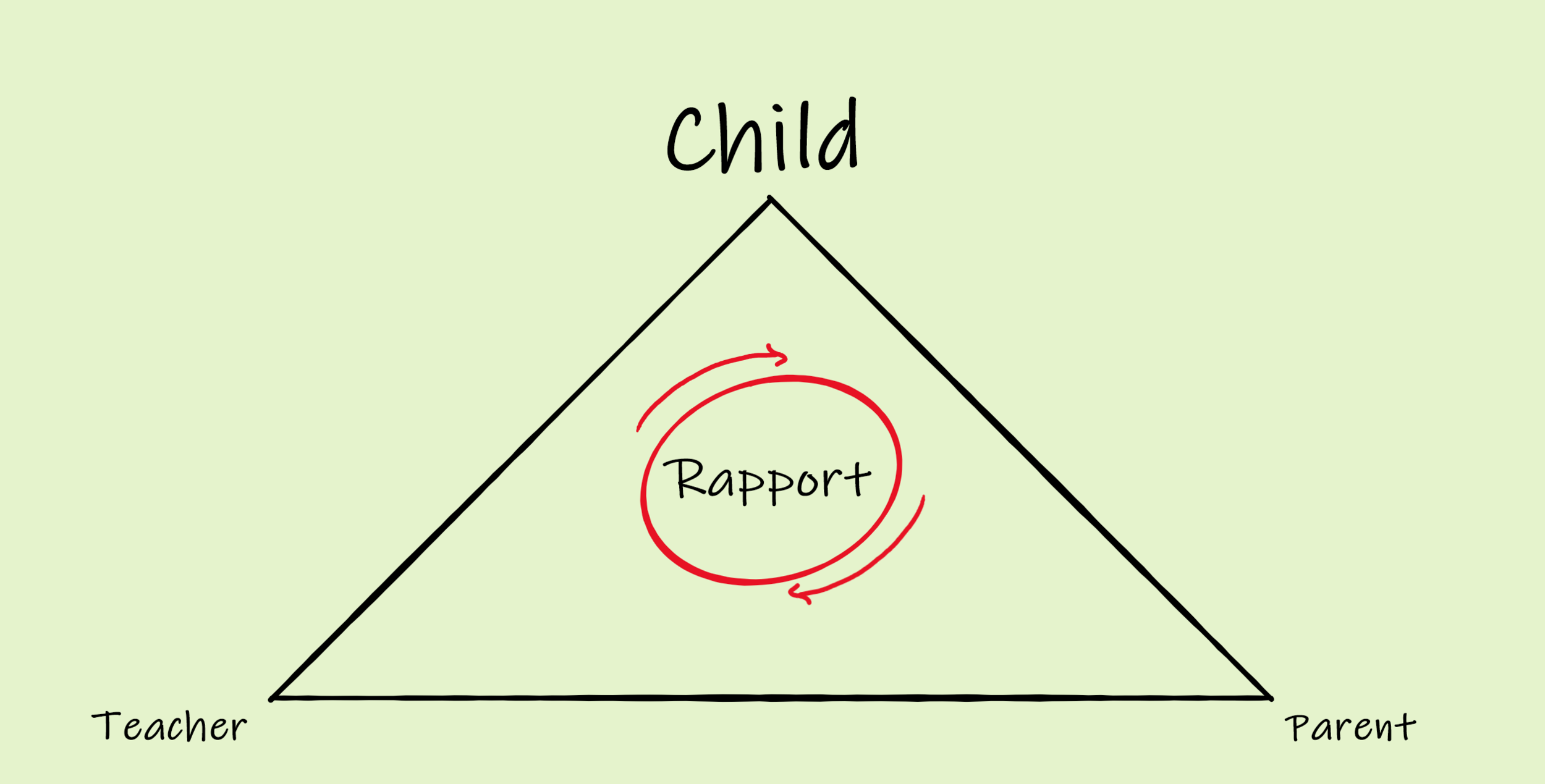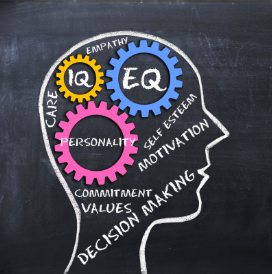Intervention for children with dyslexia in schools work best when the parents and teachers work in partnership but with emotions rising high and the pressures of the education system kick in, many of these partnerships fail. What can ‘Emotional intelligence’ offer to bridge that gap?
In March, I am going to be addressing teachers at the Dyslexia Show on this exact topic. As someone who is a professional coach and who is completing his training as a therapeutic counsellor, I know the importance of building rapport. I recognise building rapport as an essential skill in developing relationships in all walks of life not just in my own therapeutic practise with clients.
The Cambridge Dictionary defines ‘Rapport’ as:
“Rapport - a good understanding of someone and an ability to communicate well with them.
For example:
”We’d worked together for years and developed a close/good rapport.”
”She has an excellent rapport with her staff.””
For anyone to work in partnership, they need to build rapport, they need to ‘get on’ and work in partnership to meet a specific need or complete a particular goal. When people come together it is not always easy to build rapport as external pressures get in the way.
The Parent / Teacher Relationship.
In the service of any child in education, the parent and the teacher must build rapport and ultimately work together to support the attainment of a child.
First impressions are always important, but so often affected by past experiences for both adults. Naturally there will be judgement decisions made about each other and their ability to fulfil their part of the triangle of parent, child and teacher. For that relationship triangle to work, good rapport must become an essential ingredient for building trust and the motivation to put the time and effort into supporting the attainment of that child.
The relationship between child, parent and teacher that seeks to empower attainment must have good rapport in the centre to increase the chances of good outcomes.
So how does Emotional Intelligence fit in?
Ok, the term ‘Emotional Intelligence’ is often used a lot but is often misunderstood. Let’s define it:
“Emotional Intelligence - he ability to understand the way people feel and react and to use this skill to make good judgments and to avoid or solve problems:
Individuals with even a small degree of emotional intelligence are a dream to work for.”
To be more specific to the parent teacher relationship, both members of that relationship need to actively use the following skills to demonstrate the emotional intelligence that informs good rapport:
Demonstrate active listening.
Being self-aware.
Show empathy.
Managing emotions and self-regulation.
In using these skills both teacher and parent can find a stable platform upon which to meet and work together to support the child.
At the Dyslexia Show I will be going into more details about using emotional intelligence and what parents and teachers can do to understand where the other is coming from and work to increase the probability of a good working relationship which will ultimately deliver the best support for the child.
I will be speaking at 11:30 in Seminar Room 3 on 20th March at the Dyslexia Show which is at Birmingham NEC.






